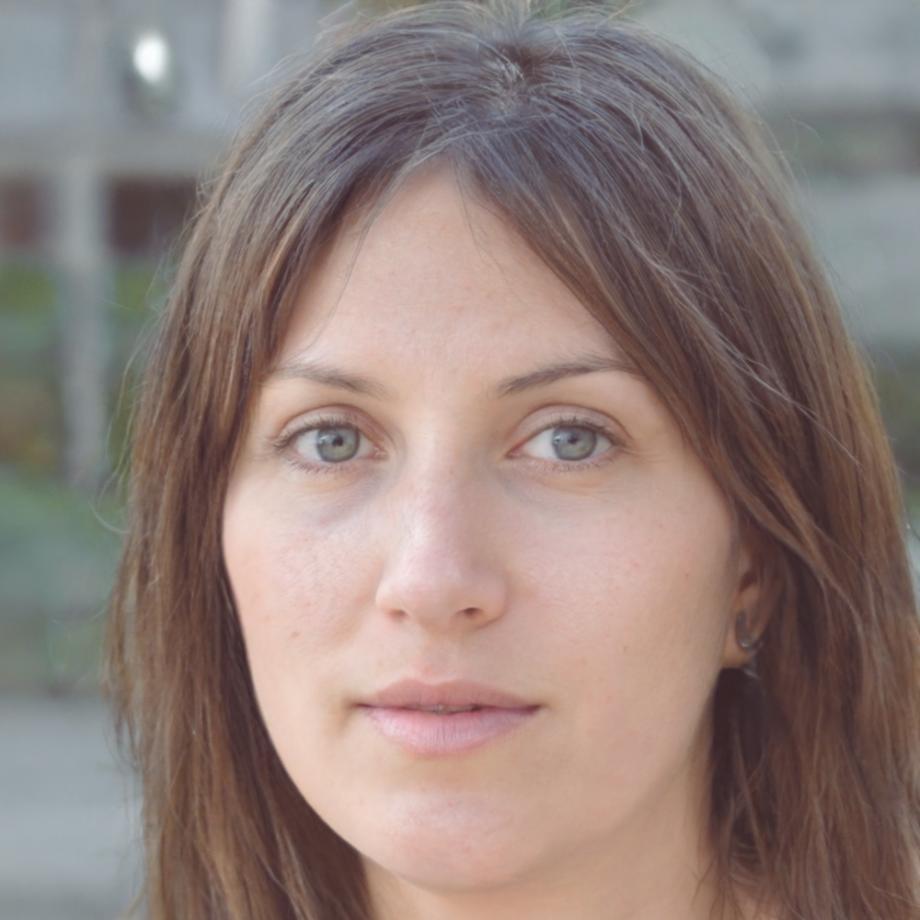Rhiannon Lockwood
Initial Situation (January 2022)
Joined our program after realizing she'd been avoiding financial planning for three years. Had decent income but no clear picture of where money went each month. Wanted to eventually buy property but felt completely overwhelmed by the steps involved.
First six months focused entirely on tracking spending and understanding actual patterns. Not glamorous work, but necessary foundation. By mid-2022, could identify exactly where money was going and make informed choices about priorities.
Progression (2023-2024)
Spent most of 2023 building emergency savings and learning about different saving vehicles. Took longer than expected because life kept happening—car needed work, helped family with unexpected expenses. But kept consistent with smaller contributions rather than waiting for perfect circumstances.
Started 2024 with solid safety net and clearer understanding of home ownership costs beyond mortgage payments. Attended property workshops, talked to brokers, learned about actual requirements versus assumptions.
Current Status (2025)
Now actively saving for property deposit with realistic timeline of late 2026. Understands her borrowing capacity, ongoing costs, and has backup plans for various scenarios. Still works with us occasionally for specific questions but handles day-to-day financial decisions confidently.
The timeline was longer than initial hopes, but the foundation is solid. That matters more than speed when you're making decisions that affect decades.

